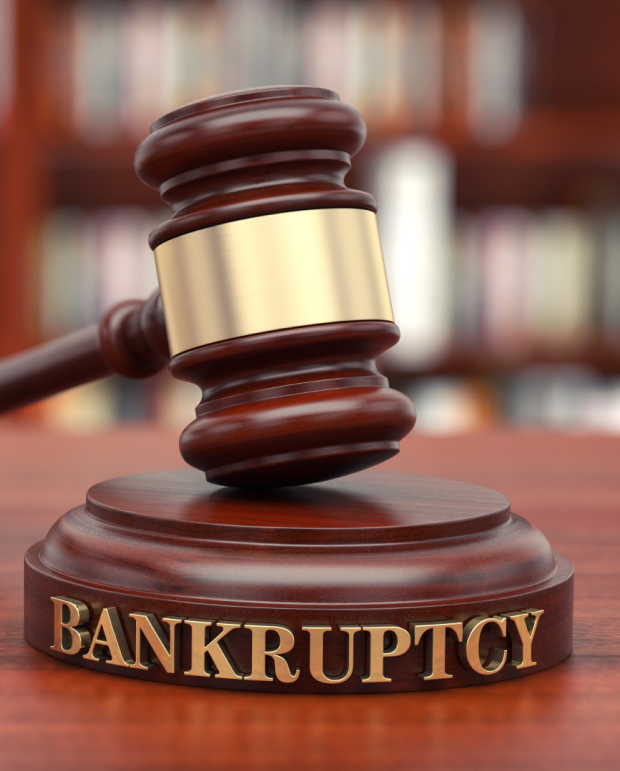Business owners have a lot to juggle, even in bankruptcy. If you are a business owner who rents business space and recently filed for bankruptcy, you are likely curious about how bankruptcy will impact your commercial lease. There are several critical issues to consider in this situation, and how your lease will be impacted depends on several factors including the type of bankruptcy that you file. Your case will also be influenced by whether or not you, as a commercial tenant, choose to assert the various rights granted to you by bankruptcy law.
The Difference Between Reorganization and Liquidation
Many commercial tenants file for Chapter 11 bankruptcy, which involves reorganization, because their company is an entity in the form of either a corporation, a limited liability company, or a partnership.
In situations in which a debtor is a person and debts do not exceed the financial threshold established by Congress, debtors can pursue reorganization under Chapter 13 bankruptcy.
With either chapter, reorganization is involved. During this process, the debtor and landlord will negotiate the terms of the remedy. In contrast, Chapter 7 bankruptcy involves liquidation, during which the landlord must deal with the tenant’s bankruptcy trustee, who is charged with maximizing the tenant’s assets for the benefit of all the tenant’s general creditors.
Discharging Lease and Liabilities
Regardless of the type of bankruptcy that a person files, it is possible to terminate a commercial lease by rejecting the lease under the bankruptcy code’s Section 365(b). A commercial tenant can then occupy the property for the 60 days after filing a bankruptcy petition. In some situations, this period can be extended by the court if it decides to assume a lease, assign the lease, or reject the lease. A tenant then has 120 days from the date on which they file for bankruptcy to either assume or reject a lease.
Despite these regulations, a debtor might still be liable to a landlord for an early release termination damages. A cap rate of up to 15% of the value of unexpired lease terms that do not exceed more than three year’s rent, however, applies to damages.
A debtor could also be subject to administrative rent if they remain on the premises past the expiration date. Rent after the expiration of a lease is calculated based on the property’s reasonable value, which is often found in commercial leases.
Because secured debt is the first type of debt paid in bankruptcy, landlords sometimes do not receive anything because leases are classified as unsecured debt. Consider that landlord’s, however, often “prioritize administrative claims” for the rental value for the time that a tenant occupies premises after filing for bankruptcy. If there are any personal guarantees under your commercial lease, these will likely not be eliminated under bankruptcy unless a guarantor files for bankruptcy.
Deciding to Assume or Reject a Lease After Bankruptcy
When it comes to the decision of whether a tenant will remain on a property following bankruptcy proceedings, there are several common situations:
Breaches of Commercial Leases
Several common breach issues occur with commercial leases in bankruptcy cases, regardless of whether a person is pursuing liquidation or reorganization. Consider the following situations:
Tenants should remember that landlords have several collection tools in bankruptcy cases. A landlord can file a motion for relief from an automatic stay, during which the landlord can insist on immediate payment of administrative rent. A landlord can file a motion for adequate protection. Additionally, a landlord can file a proof of claim, which should be involved in every case where there is a loss.
Speak With an Experienced Bankruptcy Attorney
Commercial leases and bankruptcy share a complex relationship, but regardless of your situation, a knowledgeable lawyer can help. If you need the assistance of a skilled bankruptcy attorney, contact attorney Melanie Tavare today to schedule a free case evaluation.

There are plenty of reasons to file for bankruptcy, and the bankruptcy court does not…
All over the country, but especially in California, people who used to enjoy a middle-class…
Young people have plenty of reasons to be in a bad mood about their finances.…
Losing money is a natural part of gambling, and if you are sure that there…
You have been trying for years to pay off your debts, and you are getting…
When you are watching every penny, you sit at home and make financial calculations in…